
European Commission increases Erasmus+ 2023 annual budget, with a focus on learners and staff from Ukraine
The European Commission today adopted a revision of the Erasmus+ annual work programme for 2023. The overall programme budget for this year has been revised upwards to a new total of €4.43 billion, the highest annual financial envelope ever achieved by the Erasmus+ programme.
The revised work programme includes €100 million from the 2027 Erasmus+ budget to support projects that promote educational activities and facilitate the integration of people fleeing the war in Ukraine, as well as activities supporting organisations, learners and staff in Ukraine. Funded activities may range from linguistic and cultural integration courses, language learning tools, addressed to educators or learners, to scholarships or general financial support in all Erasmus+ sectors for learners and educators.
Also, €31 million was added to the Erasmus+ budget, which will be used to strengthen international mobility and higher education projects. In 2023, support will also be provided for a structural reform project aimed at creating a digital open education environment that will offer quality education and training to students studying in Ukrainian higher education institutions, students who have fled Ukraine or internally displaced students. It will also provide educational opportunities for the wider Ukrainian community abroad through cooperation between Ukrainian and other European universities.
There are several rounds for applications under the Erasmus+ general call for proposals. The next one, focussing on cooperation partnerships with an additional priority on learners, educators and staff from Ukraine, will open on 22 March 2023.
Find out more
MOST READ
SEE ALSO
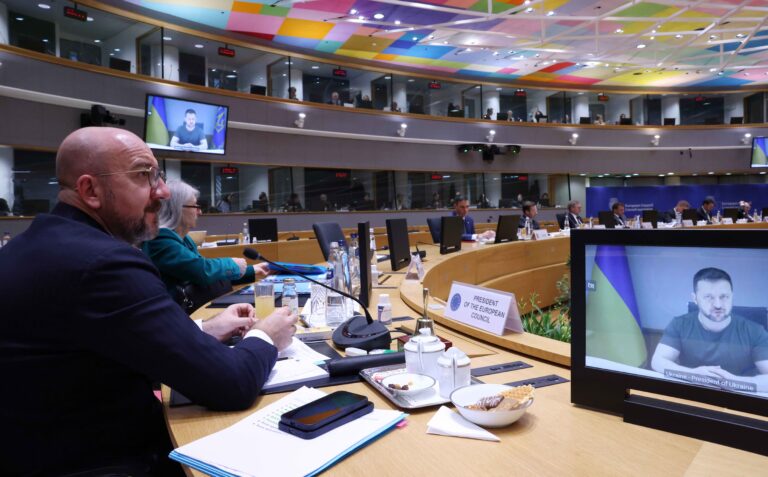
Special European Council says Ukraine urgently needs air defence systems and other military assistance
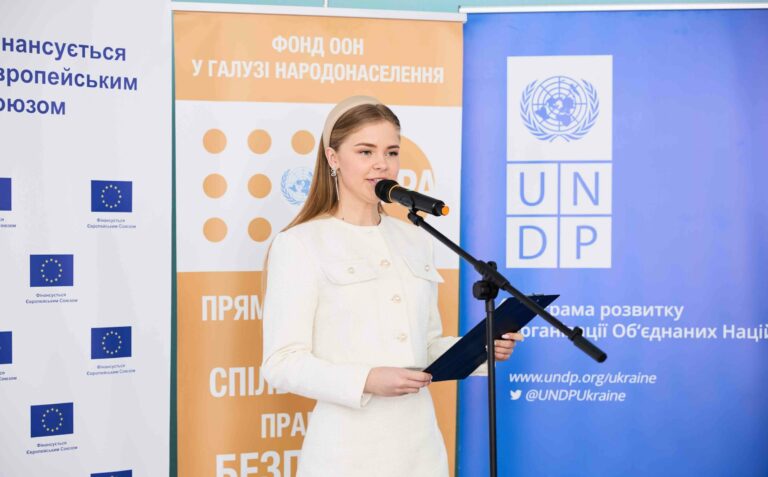
Ukraine: first Resilience Centre opens in Kamianske with EU, UNDP, and UNFPA support
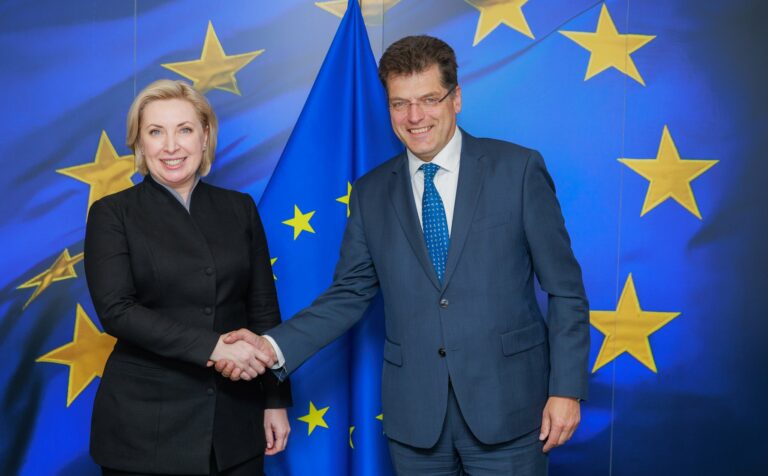
EU hosts high-level meeting on Ukraine to address humanitarian response
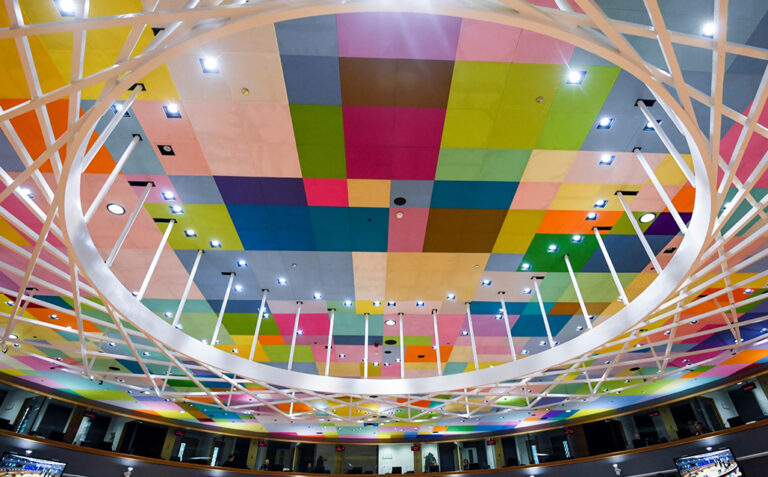
Special European Council starts today in Brussels – Ukraine among topics
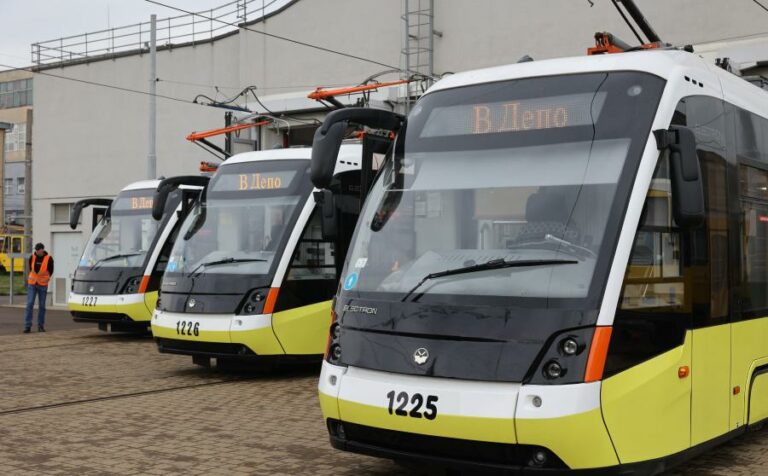
Ukraine: Lviv rolls out ten new trams with EIB support
More campaign pages:
Interested in the latest news and opportunities?
This website is managed by the EU-funded Regional Communication Programme for the Eastern Neighbourhood ('EU NEIGHBOURS east’), which complements and supports the communication of the Delegations of the European Union in the Eastern partner countries, and works under the guidance of the European Commission’s Directorate-General for Neighbourhood Policy and Enlargement Negotiations, and the European External Action Service. EU NEIGHBOURS east is implemented by a GOPA PACE-led consortium. It is part of the larger Neighbourhood Communication Programme (2020-2024) for the EU's Eastern and Southern Neighbourhood, which also includes 'EU NEIGHBOURS south’ project that runs the EU Neighbours portal.

The information on this site is subject to a Disclaimer and Protection of personal data. © European Union,







